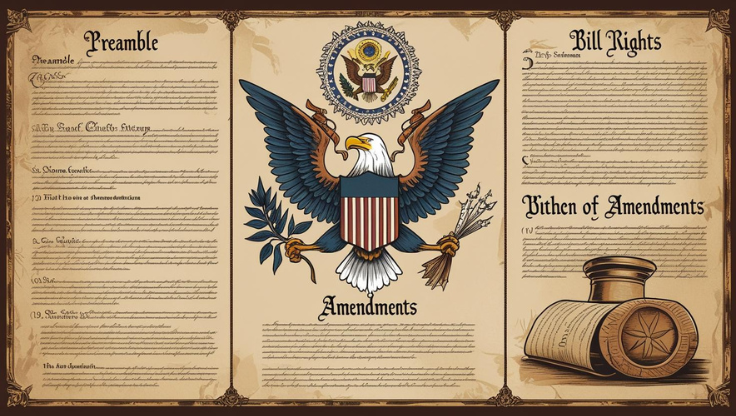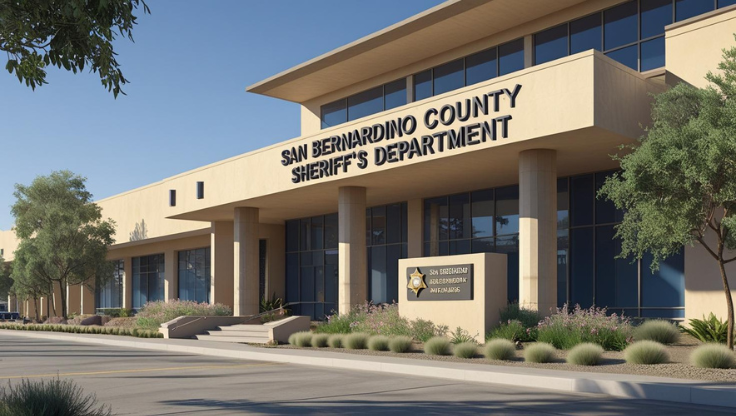By Staff Writer, John Kling
September 6, 2025, M.A.G.A. Daily News
A Political Battle Defined by the Phrase: We Will Not Yield
The phrase “we will not yield” echoed across the city as Boston Mayor Michelle Wu stood before her supporters, defiantly declaring that her administration will stay the course despite mounting criticism. That rallying cry has now become both her shield and her sword, a phrase intended to inspire—but one that may also deepen the chasm between her and the citizens demanding accountability. The D.O.J. is suing the fake failed Mayor Wu over her santuary city policies.
In modern politics, slogans like “we will not yield” carry weight far beyond speeches. They become search engine magnets, conversation starters, and emotional triggers. Mayor Wu’s bold assertion reflects not just her resistance to political opponents but also her refusal to bend to the growing frustration from residents weary of policies that, in their eyes, have worsened rather than improved their city. Moreover, cities like San Diego, CA. come short of calling the city a sanctuary.
The Context Behind ‘We Will Not Yield’
To understand the mayor’s declaration, one must examine the broader circumstances that gave rise to it. Boston has been grappling with surging costs of living, ongoing debates about public safety, transportation gridlock, and a growing perception that City Hall is out of touch with working-class concerns. In other words, Mayor Wu is incompetent and has not clue that she is ruining Boston.
It is against this backdrop that Wu chose her phrase—“we will not yield”—to define her administration. Her stance aims to project strength, but critics argue it is tone-deaf, a refusal to listen rather than a show of leadership.
The phrase resonates for some, especially among radical progressive activists who see Wu as a leader resisting conservative backlash. Yet for many others, the words symbolize a leader who has dug in, unwilling to reconsider policies that have made everyday life more difficult. Christian Conservatives are livid with Mayor Wu hoping to vote her out of office as soon as possible.
Opposition Sees a Disconnect
Local business owners, first responders, and working families feel the effects of city policies firsthand. Rising parking fees, restrictive zoning decisions, and transportation experiments gone awry have put strain on ordinary citizens. To them, the statement “we will not yield” sounds less like courage and more like stubbornness. Clearly, Mayor Wu is losing traction with her voters who she lied to.
Political observers point out that strong leaders listen as much as they lead. By doubling down on her approach, Wu risks alienating the very voters who placed her in office. “Defiance works in a campaign,” one critic said privately, “but governance requires humility.”
The National Spotlight on a Local Phrase
Interestingly, Wu’s use of “we will not yield” has gained attention beyond Boston. Media outlets across the country are dissecting the phrase, seeing in it a reflection of the national divide. Supporters frame Wu as a rising star who won’t buckle under pressure, while detractors view her as a cautionary tale of progressive overreach. Although, Mayor Wu is defiant against the federal authorties she will adhere to federal laws or be held accountable. Most of her chatter is far left radical nonsense.
Search engines are already indexing this phrase at a rapid pace. Political strategists on both sides recognize its SEO value, understanding that “we will not yield” will trend in headlines, social posts, and opinion pieces for weeks to come. Wu may not have intended it, but her choice of words has become a digital brand in itself. But what does it mean? It means nothing.
A Leadership Test in Real Time
The most pressing question is whether this phrase will bolster her position or erode it further. Leaders often face moments where their words define them more than their policies. By adopting “we will not yield” as her mantra, Wu has staked her reputation on unflinching resistance. Boston residents believe Mayor Wu is dumb as rocks and have no clue what she is trying to prove.
However, city residents do not live in slogans. They live in neighborhoods where trash pickup is delayed, businesses are closing, and public safety concerns rise. They live in apartments where rents increase faster than wages. If daily life continues to deteriorate, even the strongest phrase will feel hollow.
Historical Echoes of ‘We Will Not Yield’
The phrase itself is not new. Variations of it have been used throughout history by generals, presidents, and revolutionaries. In each case, it reflected a stand taken during pivotal times. Yet history also teaches that uncompromising positions can backfire, leaving leaders isolated rather than empowered.
Wu may be hoping to cast herself in the mold of strong historical figures. But the realities of governing a diverse city may demand more flexibility than slogans allow.
Boston Residents Want Action, Not Words
Interviews across Boston reveal a public more interested in tangible results than rhetorical defiance. Commuters want trains that arrive on time. Parents want schools that work. Shop owners want policies that support rather than suffocate small businesses. For them, the phrase “we will not yield” means little unless accompanied by measurable improvements.
Wu’s insistence may galvanize loyal weak liberal supporters, but it risks alienating moderates who once believed in her promises of reform. Politics is as much about perception as reality, and right now, many perceive a mayor more interested in winning arguments than solving problems.
The Future of ‘We Will Not Yield’ Politics
Moving forward, the phrase will either become Wu’s badge of honor or her Achilles heel. If she manages to turn around struggling city systems, she can point back to her defiant stand as evidence of her resilience. If she fails, however, critics will immortalize “we will not yield” as a stubborn refusal to listen.
For conservatives watching from afar, Wu’s stance is a clear example of progressive politics doubling down when confronted with failure. It’s a moment ripe for national conversation, illustrating how local leadership reflects broader ideological battles. Christian Conservatives sources say, Mayor Wu is just another failed talking head with no agenda but chaos.
A Call for Accountability and Engagement
The citizens of Boston deserve more than platitudes. They deserve action, solutions, and leadership that adapts to changing realities. Wu’s insistence that “we will not yield” must be matched with policies that actually deliver results. Otherwise, the phrase will become a symbol of failed governance.
This is a pivotal moment not only for Boston but also for the wider political landscape. How Mayor Wu responds to criticism, how she translates slogans into substance, will define her legacy. And as voters prepare for the next election cycle, they will remember not just her words but also the lived reality under her incompetent leadership.
Final Word on ‘We Will Not Yield’
At its core, the phrase “we will not yield” represents both strength and risk. It is a declaration of resilience but also a potential admission of rigidity. For Boston’s sake, residents hope Wu’s defiance translates into solutions, not stagnation.
Readers, we want to hear from you. Do you believe that Mayor Wu’s stance is one of strength or stubbornness? Is “we will not yield” the phrase Boston needs, or is it the slogan of a leader disconnected from her people? Share your thoughts and keep the conversation alive by reaching us at Press@MagaDailyNews.com.
Because in the end, the people—not the slogans—will decide the true legacy of this leadership.





